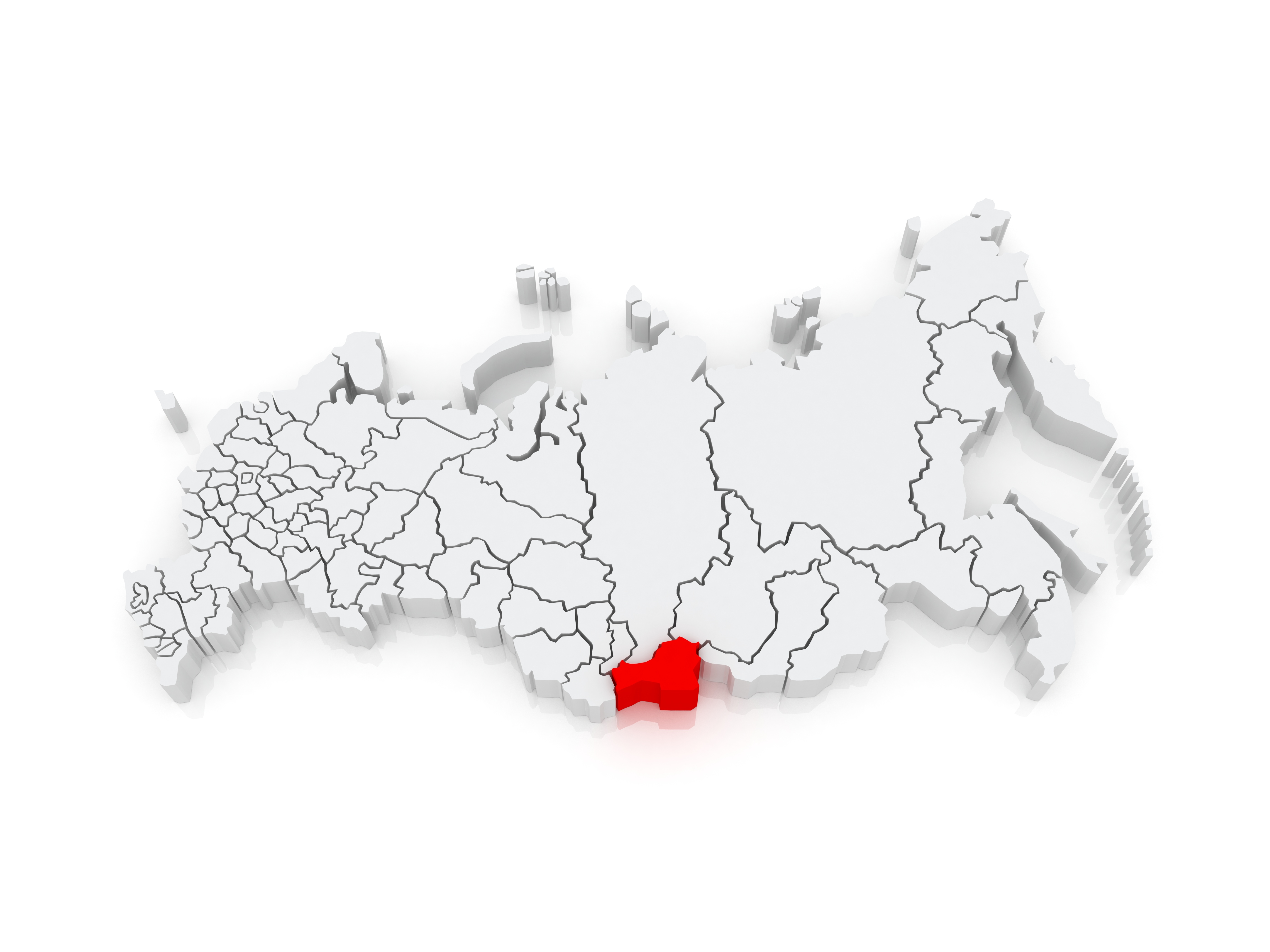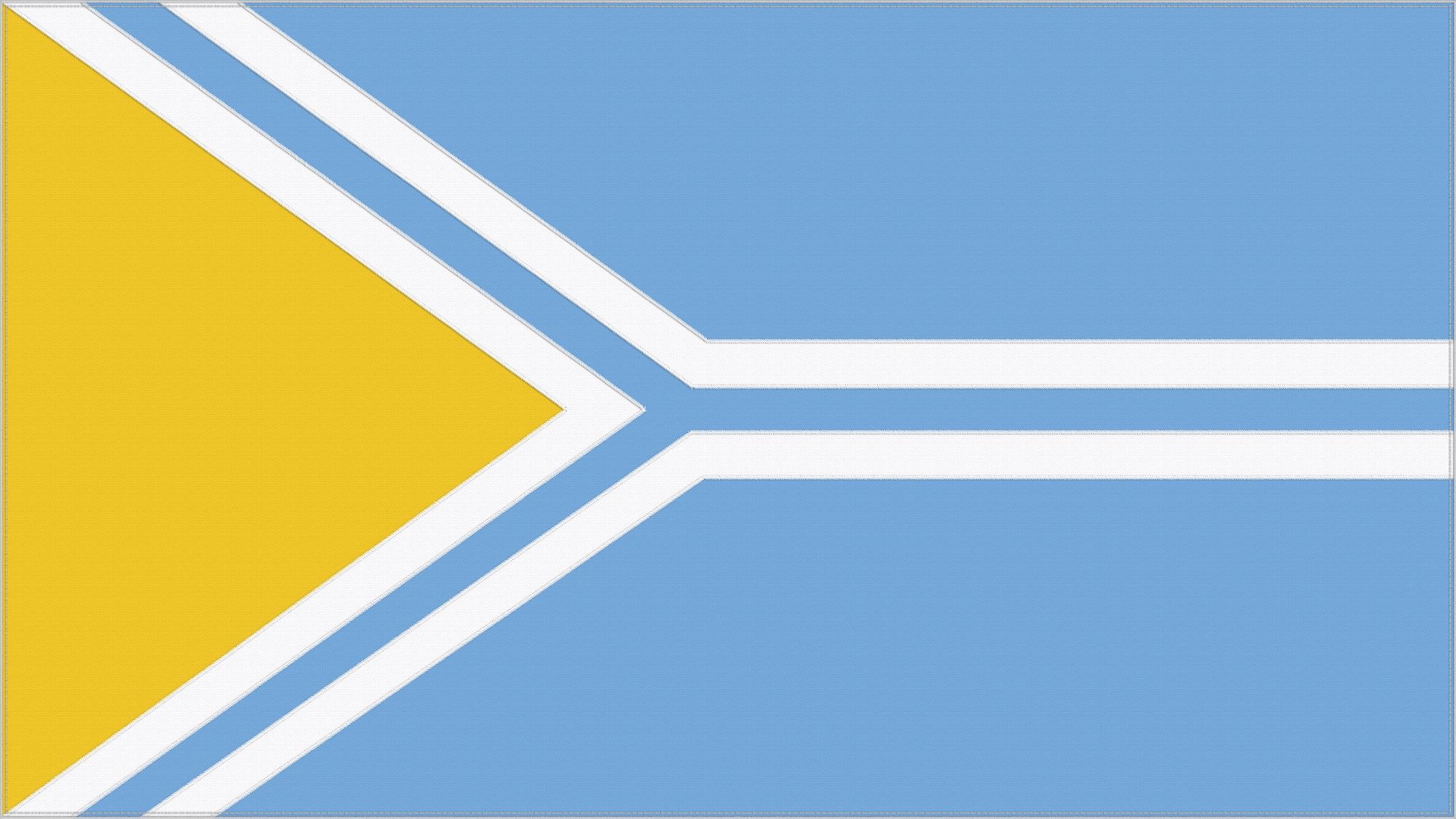Language Information
Tuvan is the language of Tuvan people, who mainly live in Central Asia. Most of them are residents of the Republic of Tuva (or Tyva), one of the Subjects of the Russian Federation.
From 18th Century to early 20th Century, Tuva was part of the Qing Dynasty, the empire that ruled China for more than 300 years. The name of the area was "Tannu Uriankhai 唐努乌梁海" or “Таңды Урянхай (in Tuvan)”.
After the 1911 revolution, Tuva and Outer Mongolia declared independence from the new regime of the Republic of China and became independent in August 1921. However, the ROC government did not renounce their sovereignty over the land.
In 1944, Tuva was annexed by the USSR. After the collapse of rgw USSR in 1991, Tuva agreed to stay in the newly independent Russian Federation but with the provision that it would keep its name.

Due to its history intertwined history with Mongolia and Russia, the Tuvan language incorporates many borrowed words and expressions from Mongolian and Russian. Tuvans in Russia use Cyrillic letters to write or spell Tuvan words, while groups of Tuvan who live in other countries like China (mainly in Xinjiang) have no written form of their Tuvan dialect.
Tuvan is not currently taught at Indiana University, but we do have access to some archived materials (listed below).


